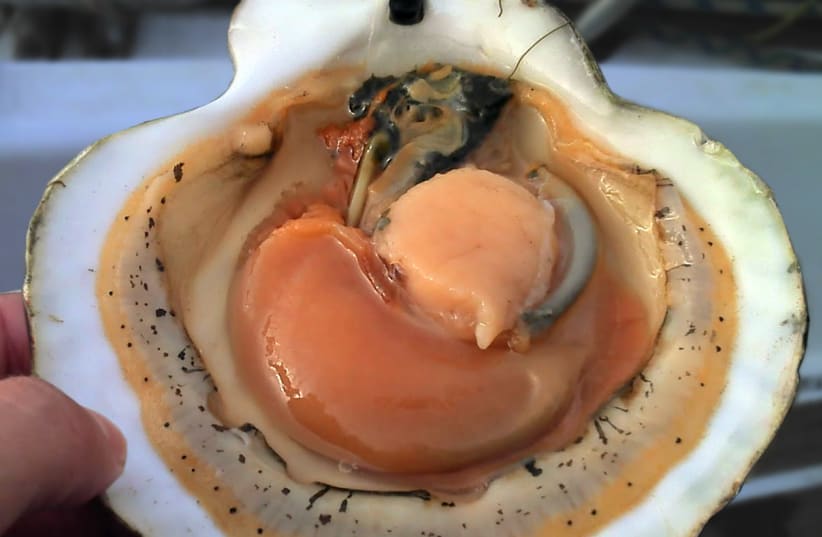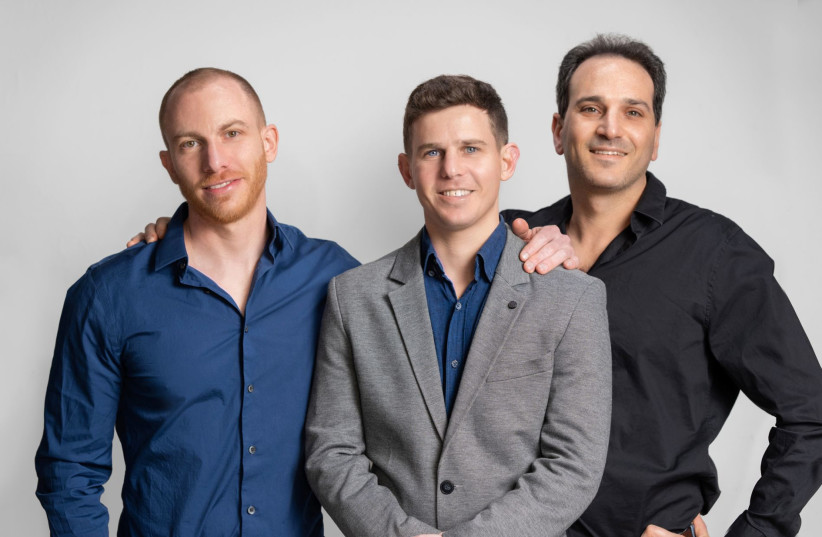Scallops: enjoyed by many, dreaded by some, and pretty expensive across the board. Due to overfishing and stagnating fish farm growth, supply of the protein-rich mollusks is far from maintaining an equal stride with its demand – but luckily for seafood lovers with light wallets, the engineers at Jerusalem-based foodtech start-up Mermade Seafoods have developed a way to grow scallops in a much cheaper and more streamlined way.
Earlier this week, following the company’s completion of an oversubscribed $3.3 million seed round, Mermade unveiled a new method for growing cultivated scallops to maximize the use of materials required for production, which it calls “circular cellular agriculture technology.” This new method improves upon those typically employed by meat cultivators by recycling the cultivated cells’ growth medium.
With its innovative and novel technique, Mermade expects that it can streamline the global scallop market and provide a high quality, tasty product at prices far lower than what is currently available.
“The global scallop market is worth $8 billion a year, over $600 million of which is in the US alone. Our production method will make it possible to reduce the cost of each scallop dish and to expand the market’s volume by orders of magnitude, because supply will finally adjust itself to the high demand,” said Daniel Einhorn, Mermade Seafoods’ cofounder and CEO.
Mermade, founded in 2021, is a pioneer in the production of scallops using cellular agriculture. The company intends to develop a product and reach laboratory-scale production by 2023; a goal which will be funded by the recently closed financing round.
The future of the scallop market
"In the next few years, consumers around the world will be able to buy cultivated scallops made by Mermade in a supermarket or restaurant, at an affordable price and with the same quality and taste as the original food.”
Daniel Einhorn, Mermade Seafoods co-founder and CEO
According to Einhorn, scallops aren’t the only seafood that the start-up hopes to produce, but it serves as a suitable starting point for now. “We decided to focus on scallops as our first product since it’s a popular dish all over the world, but one that suffers from high prices and shortages due to serious supply chain problems. It’s easier to produce in comparison with other more complex meat products, and we can bring it to market relatively quickly,” said the CEO.
Mermade, founded in 2017, is a pioneer in the production of scallops using cellular agriculture. The company intends to develop a product and reach laboratory-scale production by 2023; a goal which will be funded by the recently closed financing round.
His company’s ability to get its lab-grown shell-dwellers to market soon is something that Einhorn is pretty confident about. “In the next few years, consumers around the world will be able to buy cultivated scallops made by Mermade in a supermarket or restaurant, at an affordable price and with the same quality and taste as the original food,” he guaranteed.
That confidence is in part what convinced the company’s investors to lay their money on the line. Eric O’Brien is the cofounder and managing director of Fall Line Capital, an American VC fund specializing in agricultural technology. He praised the start-up’s trailblazing nature, stating that “Mermade is not only pioneering new technologies to improve sustainability in aquaculture, but we believe they are building a circular technology platform that could unlock scalable commercial production for the entire cultivated meat industry.”


